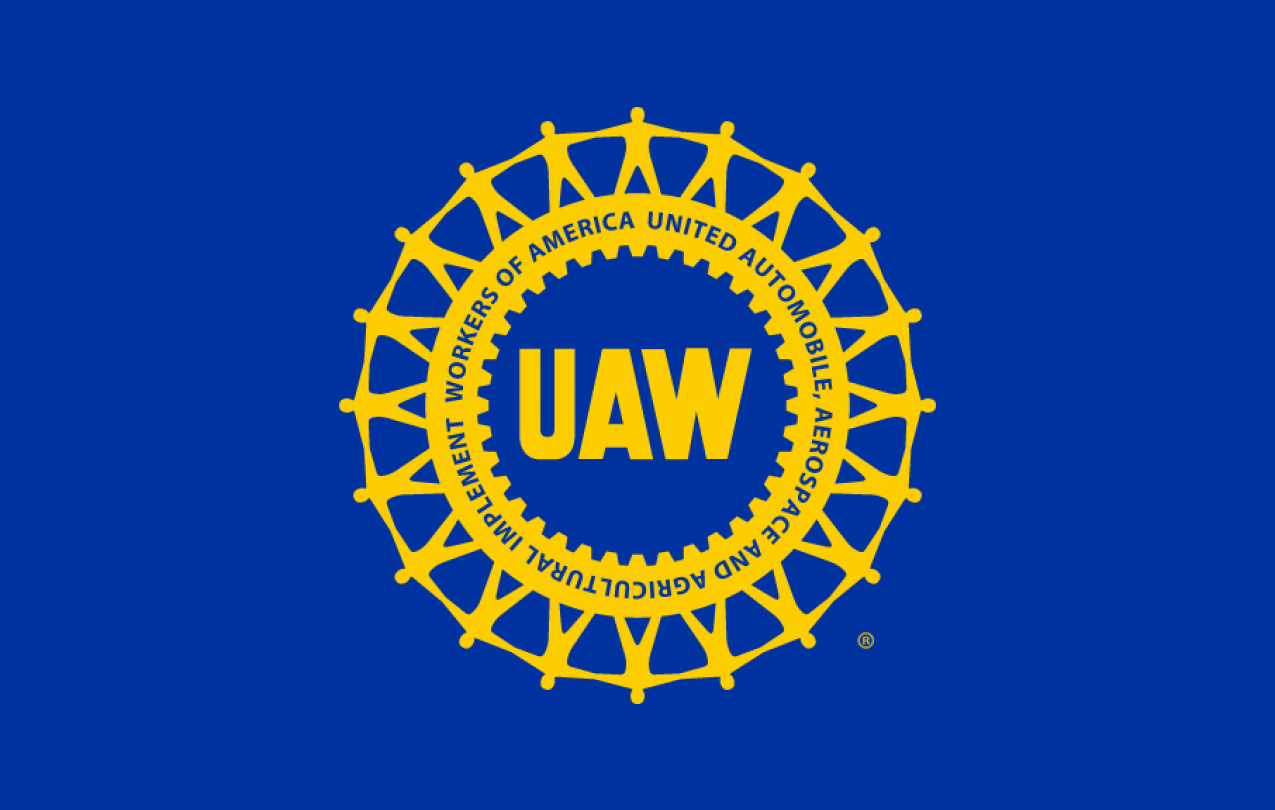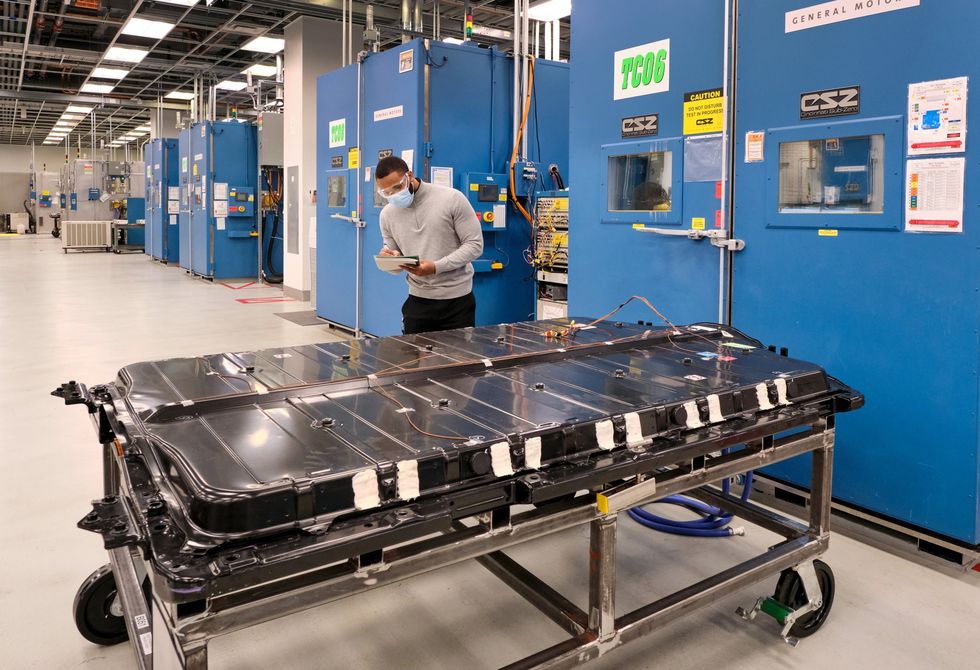On his first day in office, the UAW’s new president, Shawn Fain, vowed the union will change direction on his watch.
Speaking to the 900 delegates attending the union’s special bargaining convention after his narrow victory over incumbent Ray Curry, the generally soft-spoken Fain bluntly describes Detroit’s automakers and employers generally as “the enemy” since they are unwilling to share their prosperity with the union members who made it possible.
It is not the kind of language the car companies, who are saying they look forward to working with Fain, have come to expect from UAW leaders, particularly when delivered with a Hoosier twang.
 “Our members have very high expectations, and rightfully so because they have sacrificed a lot” to make companies such as General Motors, Ford and Stellantis profitable, Fain says. “We’re here to come together to ready ourselves for the war against our one and only true enemy: multibillion-dollar corporations and employers that refuse to give our members their fair share.”
“Our members have very high expectations, and rightfully so because they have sacrificed a lot” to make companies such as General Motors, Ford and Stellantis profitable, Fain says. “We’re here to come together to ready ourselves for the war against our one and only true enemy: multibillion-dollar corporations and employers that refuse to give our members their fair share.”
Meeting with reporters later in the day, Fain declares, “These corporations have been flush for years.”
It’s time for the UAW to chart a “new direction,” adds Fain, a member of the union’s professional staff before stepping forward last summer to challenge Curry and the union establishment in the first contest for the UAW presidency in which active and retired union members could vote directly.
Fain won by some 500 votes out of the 140,000 votes cast by UAW members in the election overseen by a court-appointed monitor. The monitor’s supervision of the union dates to 2021 after a dozen UAW officials, including two past presidents, pleaded guilty to federal criminal charges involving money laundering, violations of labor law and embezzlement.
It stands as the biggest scandal in union history and opened the door for challenges by Fain and other reformers, who now control a majority of the seats on the UAW International Executive Board. But Curry supporters on the IEB consistently got the biggest cheers at the bargaining convention, underscoring some of the divisions within the union.
Fain, who was a local UAW officer in Kokomo, IN, before joining the union staff, says he was not surprised by the cool reception, noting many of delegates were selected or ran for office while Curry was president. Every IEB member agrees the union must pull together and work for the benefit of the union’s active membership and retirees, he says.
However, open debate is essential to taking on the long list of challenges the union faces, Fain says, adding he plans to bring in new people to help him administer the UAW and assist in areas such as organizing or recruiting new members.
Negotiations on a four-year contract covering 150,000 Ford, GM and Stellantis workers are underway; the current agreement expires Sept. 14.
The UAW, which claims more than 400,000 active members and 580,000 retirees, now represents fewer than half the auto workers employed in the U.S., which has undermined its bargaining power. Fain says “bargaining good contracts” is one of keys to organizing nonunion plants. “It’s a two-way street,” he says, because good contracts will create interest in the UAW.
The Michigan Legislature’s decision to rescind the state’s “Right-To-Work” law was a positive step for union generally, Fain says. But the law, which allowed workers to opt out of the union, never really hurt UAW locals across the state, he says.
However, Fain emphasizes the UAW must organize the plants building batteries (pictured, below) and other parts of the electric vehicles that are transforming the industry. “We’ve got to secure that work,” he says. “We’re already behind in that battle.”
The UAW in December successfully organized Ultium Cells, a joint battery-manufacturing venture between General Motors and South Korea’s LG Energy Solution, in Lordstown, OH. However, it has yet to negotiate a contract for Ultium’s 1,200 workers. Curry had chosen to have the contract talks handled by the president’s office rather than the union’s GM Department, according to Mike Booth, the new UAW vice president in charge of the department.

Fain says he has not been briefed on the Ultium negotiations. But Harley Shaiken, a labor expert at the University of California-Berkeley, says it makes more sense for the union to have battery plants such as Ultium covered by a master GM agreement. “These plants are the engine and transmission plants for the new vehicles,” Shaiken notes.
Eliminating the multi-tiered wage structure that has become a feature of UAW contracts since 2007 is another priority, Fain says.
Shaiken says the call for the end of tiers recalls the traditional UAW battle cry of “equal pay for equal work.” It also is critical to the UAW’s appeal for solidarity, which is weakened when workers are paid differently.
Fain says job security is critical for union members, who are looking for more cost-of-living protection as well as better pensions and better wages. “We went through a decade where the companies prospered but our members struggled,” he says.
The new president notes union members, particularly younger members, want more paid time off. “COVID-19 taught us there is more to life than work,” Fain says.
Younger workers, who have become part of the UAWD (Unite All Workers for Democracy) caucus, which supported Fain’s candidacy, are also asking the UAW to become more assertive. For years, the union cooperated with management to reduce the number of formal grievances, says one retired UAW staff member aligned with UAWD.
Now union members want to see the UAW fight back, starting on the shop floor, he says.





